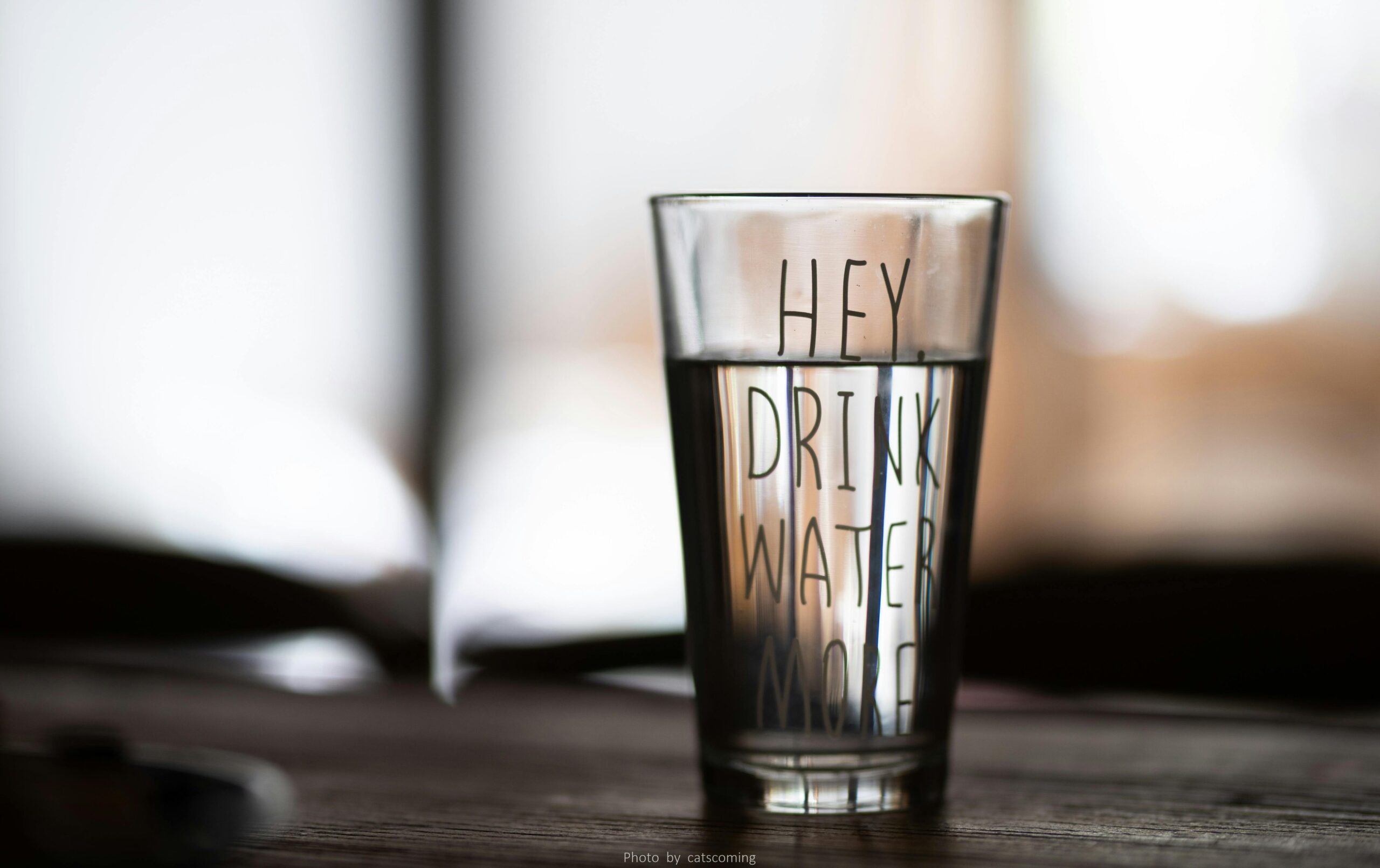
Water is often referred to as the elixir of life, and for good reason. It is a fundamental component of the Earth, our bodies, and the daily processes that keep us alive. Despite its ubiquity, many underestimate the significance of staying adequately hydrated. From boosting physical performance to nurturing mental clarity, water plays a pivotal role in ensuring overall well-being.
In this blog, we delve into why drinking enough water is essential, exploring its profound effects on health, energy levels, and the body’s ability to function optimally.
A Major Component of Our Bodies
The human body is approximately 60% water, with the brain, heart, lungs, and muscles relying heavily on it to perform their functions. Water is involved in almost every physiological process, including:
Transporting Nutrients: It acts as a carrier, delivering essential nutrients to cells and removing waste products.
Temperature Regulation: Through sweat, water helps regulate body temperature, ensuring you remain cool during exercise or hot weather.
Lubrication and Protection: It lubricates joints, cushions organs, and moistens tissues such as those in the eyes and mouth.
Without sufficient hydration, these critical processes slow down, leading to fatigue, discomfort, and eventually, serious health issues.
Hydration and Energy Levels
Ever felt sluggish or had difficulty concentrating after a long day? Dehydration might be the culprit. Even mild dehydration can cause a drop in energy levels and cognitive performance. When you don’t drink enough water, your blood becomes thicker, making it harder for your heart to pump oxygen and nutrients to your muscles and organs.
Staying hydrated ensures that your body’s systems work efficiently, preventing unnecessary fatigue. A glass of water, rather than caffeine or sugary drinks, can often be the quick fix your body needs to regain focus and vitality.
Water and Weight Management
Water can be a natural ally in your weight management journey. Drinking water before meals can create a sense of fullness, helping you eat less. Additionally, it boosts your metabolism, allowing your body to burn calories more effectively.
Many people mistake thirst for hunger, leading to unnecessary snacking. By staying adequately hydrated, you can avoid consuming extra calories that your body doesn’t need. Water is a zero-calorie alternative to sugary beverages, making it an ideal choice for those looking to maintain or lose weight.
Skin Health and Radiance
Dehydration doesn’t just affect your internal organs—it shows on your skin too. Dryness, flakiness, and a lackluster complexion are often signs that your body needs more water.
Hydrated skin is plump, resilient, and glowing. Drinking enough water helps flush out toxins, supports the production of collagen, and improves blood circulation, all of which contribute to a youthful appearance. While skincare products can provide topical benefits, water works from the inside out, ensuring long-lasting health and vibrancy.
The Role of Water in Detoxification
Your body is constantly working to eliminate toxins, and water is a key player in this process. The kidneys, liver, and digestive system depend on hydration to flush out harmful substances.
When you’re dehydrated, these organs have to work harder to function, which can lead to a buildup of toxins and increase the risk of infections or other health issues. Drinking water supports optimal kidney function, reduces the likelihood of kidney stones, and ensures waste products are excreted efficiently.
Mental Clarity and Emotional Well-being
Hydration has a direct impact on mental health. Studies have shown that dehydration can impair mood, concentration, and cognitive abilities. It can make you feel irritable, anxious, or even depressed.
On the flip side, drinking enough water can improve brain function, enhance memory, and boost your overall mood. A hydrated brain is a happy brain, capable of handling stress and challenges with greater ease.
Water Needs: How Much is Enough?
The amount of water you need depends on various factors, including your age, activity level, and the climate you live in. The general guideline is to drink at least eight 8-ounce glasses of water a day, commonly known as the “8×8 rule.” However, some individuals may require more, especially if they exercise frequently or live in hot environments.
Listening to your body is crucial. Thirst is an obvious indicator, but by the time you feel thirsty, you may already be mildly dehydrated. Developing a habit of sipping water throughout the day can prevent this.
Creative Ways to Stay Hydrated
For those who struggle to drink plain water, there are plenty of alternatives to ensure hydration:
Infused Water: Add slices of lemon, cucumber, or berries for a burst of flavor.
Herbal Teas: These are a hydrating and healthy option, especially in colder months.
Water-Rich Foods: Incorporate fruits and vegetables like watermelon, cucumbers, and oranges into your diet.
The Risks of Dehydration
Ignoring your body’s need for water can lead to dehydration, which has serious consequences. Symptoms include dizziness, dry mouth, dark urine, and in severe cases, confusion or fainting. Chronic dehydration can contribute to urinary tract infections, kidney damage, and even heart issues.
To avoid these risks, prioritize hydration as an integral part of your daily routine.
A Simple Yet Powerful Habit
Drinking water is one of the simplest, most cost-effective ways to improve your health. By making hydration a priority, you can boost your energy, enhance your appearance, and support your body’s vital functions.
As you go about your day, remember that every sip contributes to a healthier, more vibrant you. Keep a water bottle within reach, set reminders if needed, and embrace the habit of nourishing your body with this life-sustaining resource.
Your body, mind, and spirit will thank you for it.



